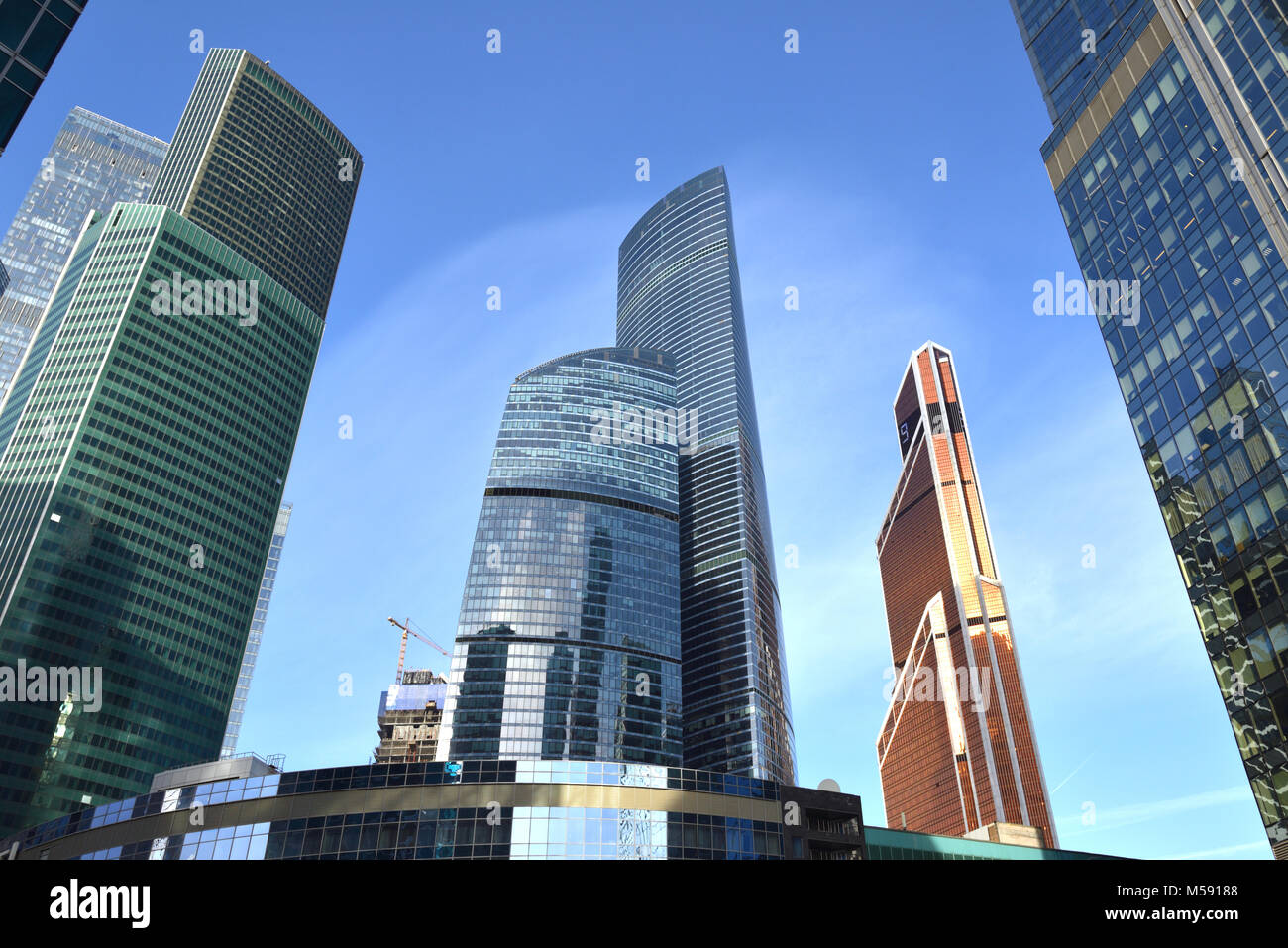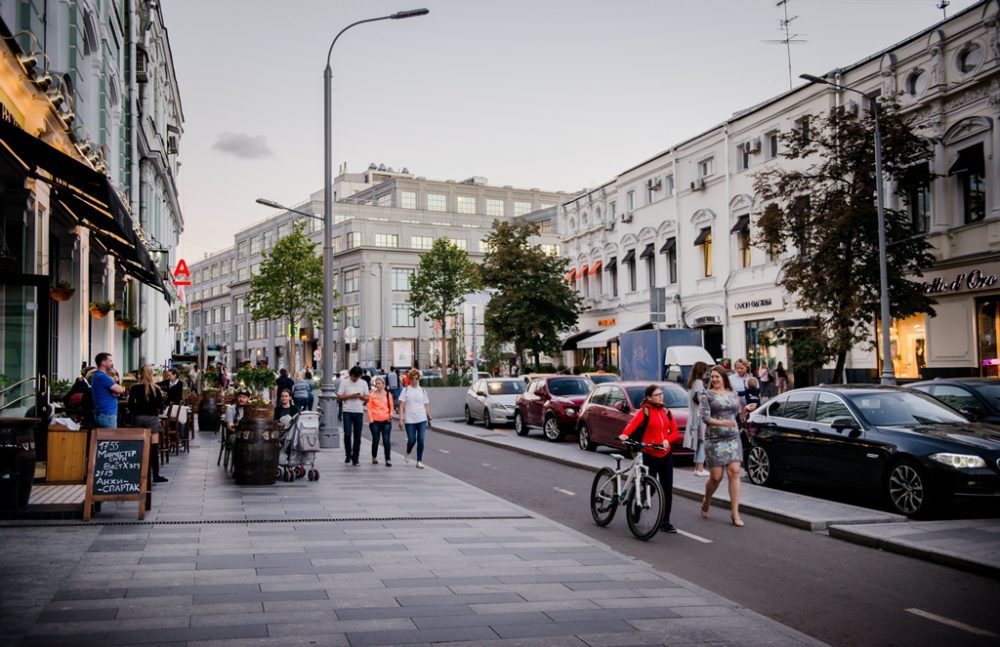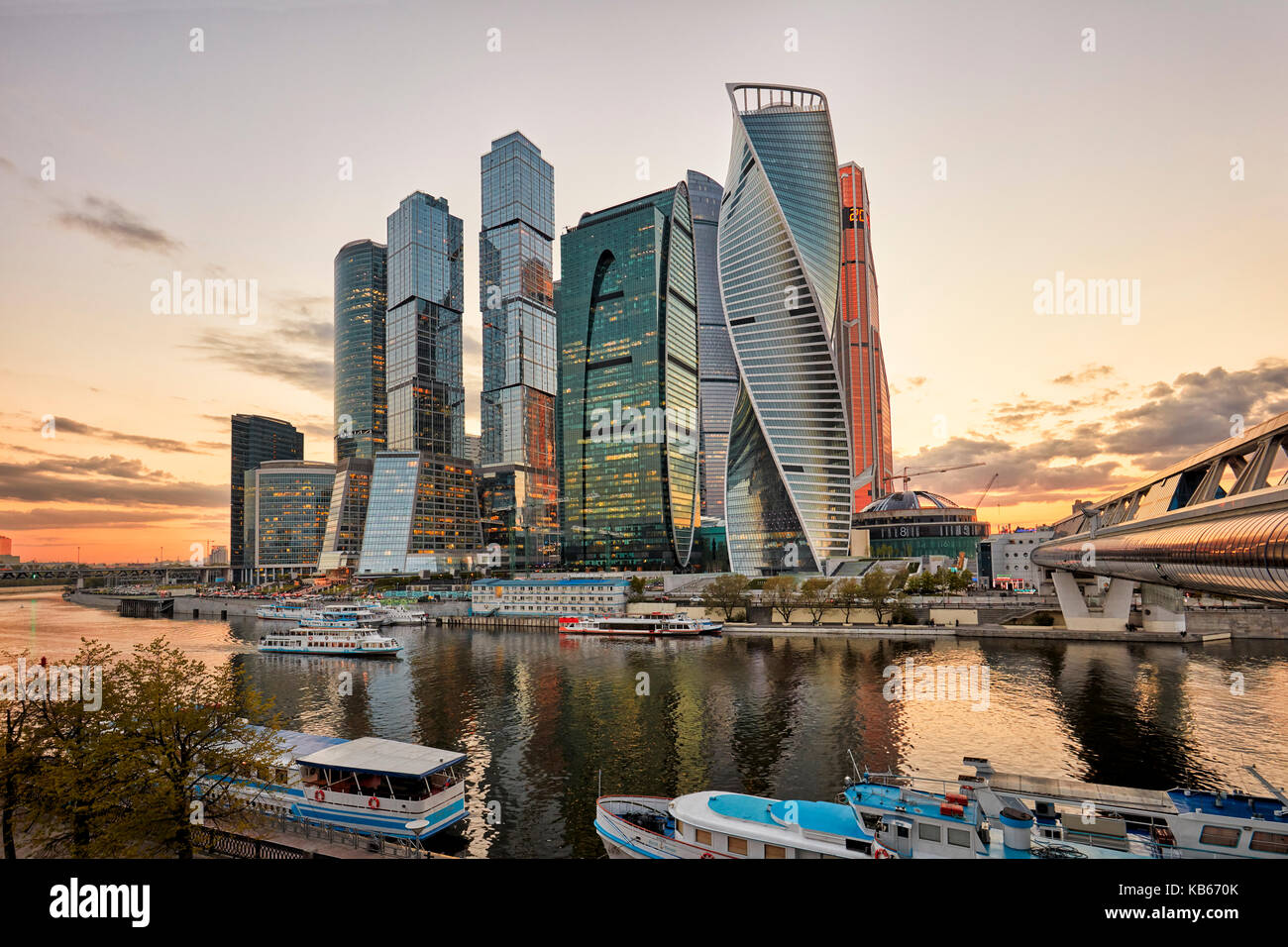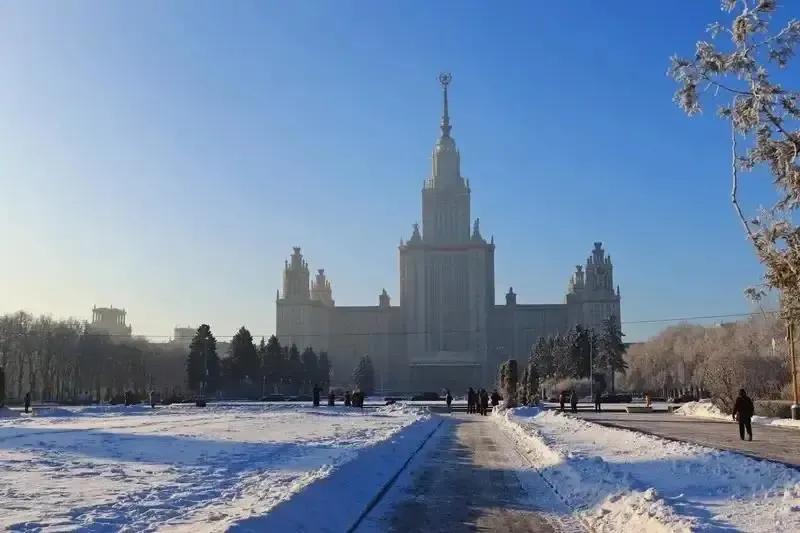Moscow: A Global Hub at the Heart of Eurasia
Related Articles: Moscow: A Global Hub at the Heart of Eurasia
Introduction
In this auspicious occasion, we are delighted to delve into the intriguing topic related to Moscow: A Global Hub at the Heart of Eurasia. Let’s weave interesting information and offer fresh perspectives to the readers.
Table of Content
Moscow: A Global Hub at the Heart of Eurasia

Moscow, the capital of Russia, stands as a powerful symbol of history, culture, and international influence. Its strategic location at the center of the Eurasian landmass, along with its rich past and dynamic present, make it a city of immense global significance.
Moscow’s Geographic Significance
Moscow’s position on the world map is crucial to understanding its role in global affairs. Situated on the Moskva River, it lies in the European part of Russia, approximately 400 kilometers south of Saint Petersburg and 1,500 kilometers west of the Ural Mountains, marking the traditional boundary between Europe and Asia.
This strategic location has historically made Moscow a crossroads for trade and cultural exchange between East and West. It served as a vital link in the Silk Road, connecting the European continent to the vast Asian markets. This geographical advantage continues to play a significant role in Moscow’s economic and political influence today.
A Glimpse into History
Moscow’s history is intertwined with the rise and fall of empires. Founded in the 12th century, it grew to become the capital of the Grand Duchy of Moscow, gradually consolidating its power and eventually becoming the center of the vast Russian Empire.
The city’s iconic landmarks, such as the Kremlin, Red Square, and Saint Basil’s Cathedral, are testaments to its rich past. The Kremlin, a fortified complex housing the presidential palace and other government buildings, symbolizes Russia’s political and historical power. Red Square, a vibrant public space, has witnessed countless historical events, from parades and celebrations to protests and revolutions. Saint Basil’s Cathedral, a stunning example of Russian architecture, stands as a reminder of the city’s religious heritage.
Moscow’s Modern Identity
Today, Moscow is a thriving metropolis, a vibrant hub of economic activity, cultural expression, and international diplomacy. It is home to numerous multinational corporations, financial institutions, and research centers, making it a major player in the global economy.
Moscow’s cultural scene is equally dynamic. It boasts world-renowned museums, theaters, and concert halls, showcasing the best of Russian and international art. The city is also a center of fashion, design, and gastronomy, attracting visitors from around the world.
Moscow’s Role in Global Politics
As the capital of the Russian Federation, Moscow plays a pivotal role in international politics. It is a permanent member of the United Nations Security Council, wielding significant influence on global affairs.
Moscow’s foreign policy is characterized by its strong commitment to national sovereignty and its pursuit of strategic partnerships with other countries. It has been actively involved in resolving regional conflicts and promoting international cooperation, particularly in areas such as energy security and nuclear non-proliferation.
Moscow: A City of Contrasts
Despite its global prominence, Moscow remains a city of contrasts. Its modern skyscrapers and bustling streets are juxtaposed with historic monuments and traditional neighborhoods. The city’s inhabitants, a diverse mix of nationalities and backgrounds, contribute to its vibrant cultural tapestry.
Exploring Moscow: A Journey Through Time
A visit to Moscow offers a unique opportunity to delve into the city’s rich history and culture. Travelers can explore iconic landmarks, stroll through picturesque parks, and experience the city’s dynamic nightlife.
FAQs
Q: What are the best ways to get around Moscow?
A: Moscow has a comprehensive public transportation system, including the Moscow Metro, which is renowned for its beauty and efficiency. Taxis and ride-hailing services are also readily available.
Q: What are some must-see attractions in Moscow?
A: The Kremlin, Red Square, Saint Basil’s Cathedral, the Tretyakov Gallery, the Bolshoi Theatre, and the Gorky Park are among the city’s most popular attractions.
Q: What is the best time to visit Moscow?
A: The best time to visit Moscow is during the spring or fall when the weather is pleasant and the city is less crowded.
Q: What is the currency used in Moscow?
A: The official currency of Russia is the Russian ruble (RUB).
Q: What is the language spoken in Moscow?
A: The official language of Russia is Russian. However, English is widely spoken in tourist areas and major businesses.
Tips
- Learn a few basic Russian phrases. This will enhance your interactions with locals and make your trip more enjoyable.
- Pack comfortable shoes. You will be doing a lot of walking while exploring the city.
- Be aware of the weather. Moscow can experience extreme temperatures, so dress accordingly.
- Respect local customs. Russia has a rich culture and traditions, so it is important to be respectful of these customs.
Conclusion
Moscow, a city steeped in history and brimming with modern vitality, stands as a testament to Russia’s enduring presence on the world stage. Its strategic location, rich cultural heritage, and dynamic economic landscape make it a global hub of immense importance. Whether exploring its historical treasures, immersing oneself in its vibrant cultural scene, or engaging in its international affairs, Moscow offers a captivating and unforgettable experience.








Closure
Thus, we hope this article has provided valuable insights into Moscow: A Global Hub at the Heart of Eurasia. We appreciate your attention to our article. See you in our next article!
